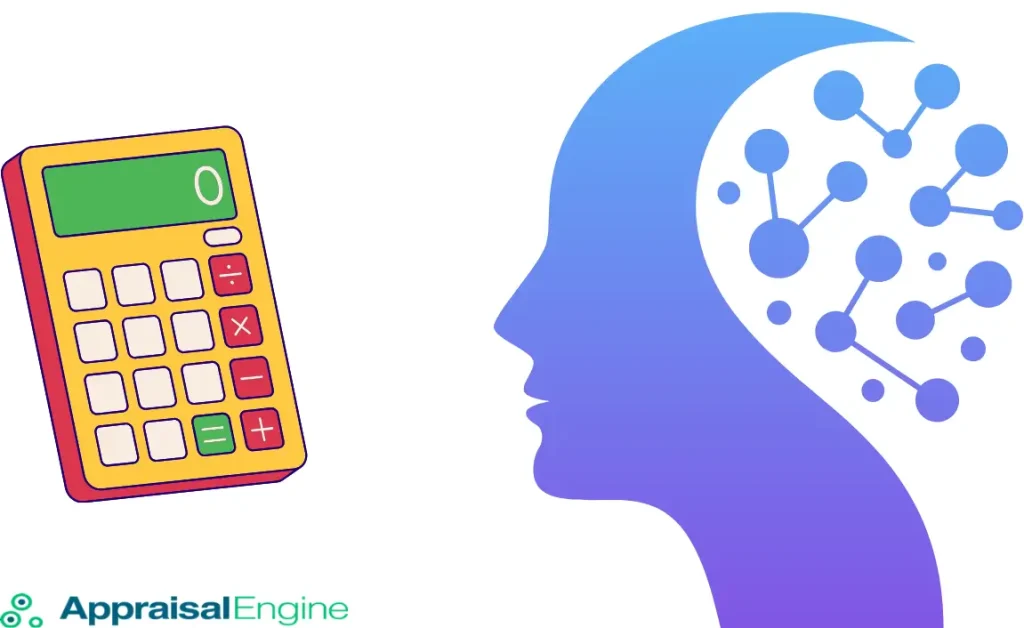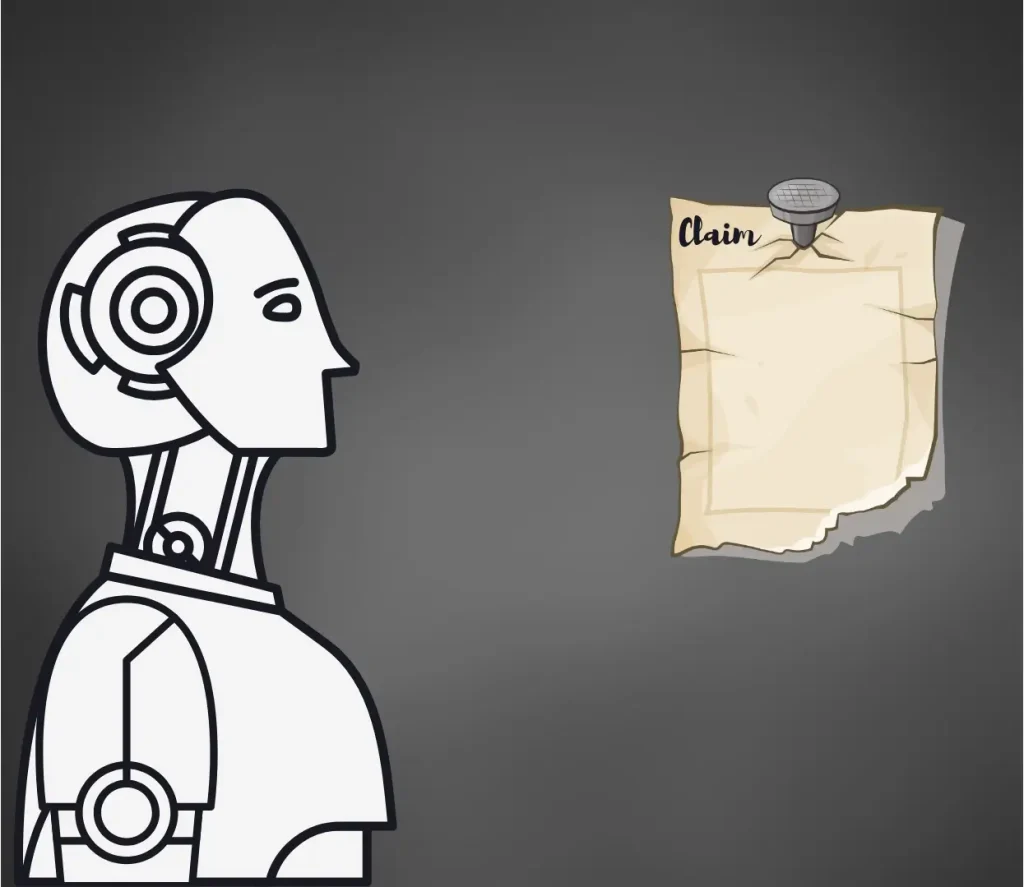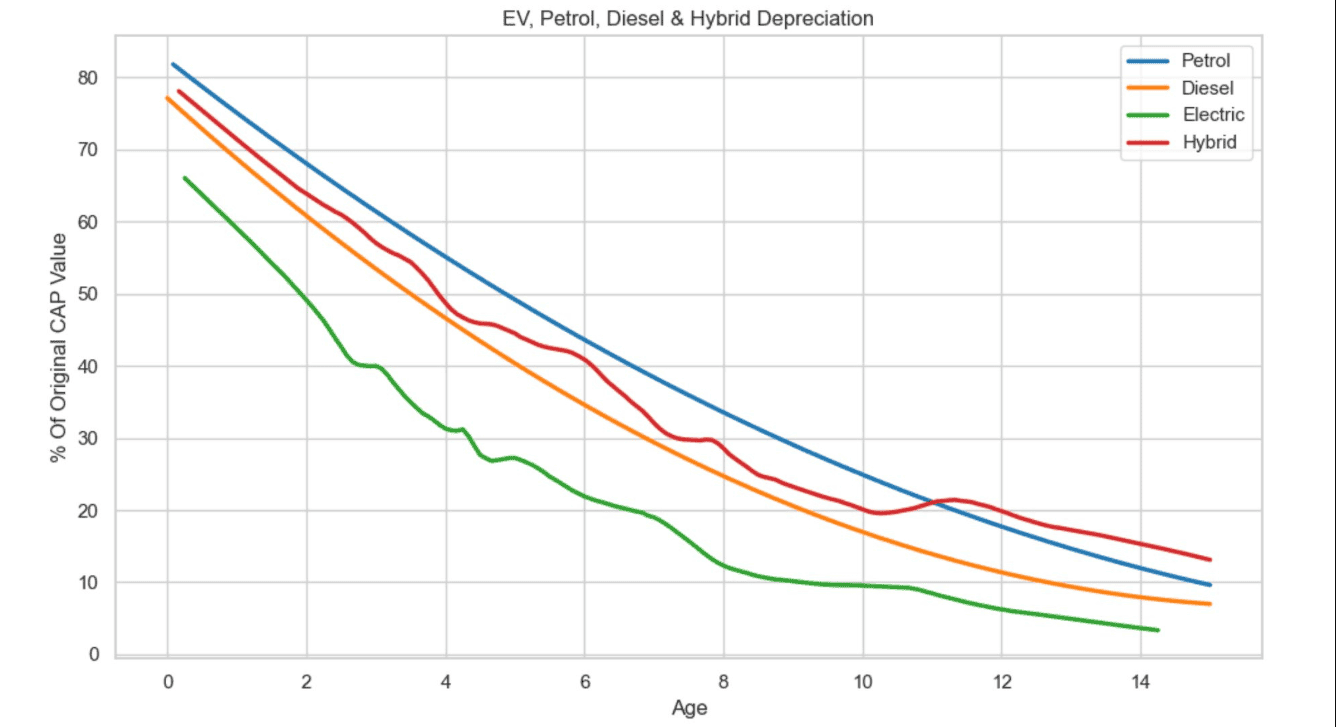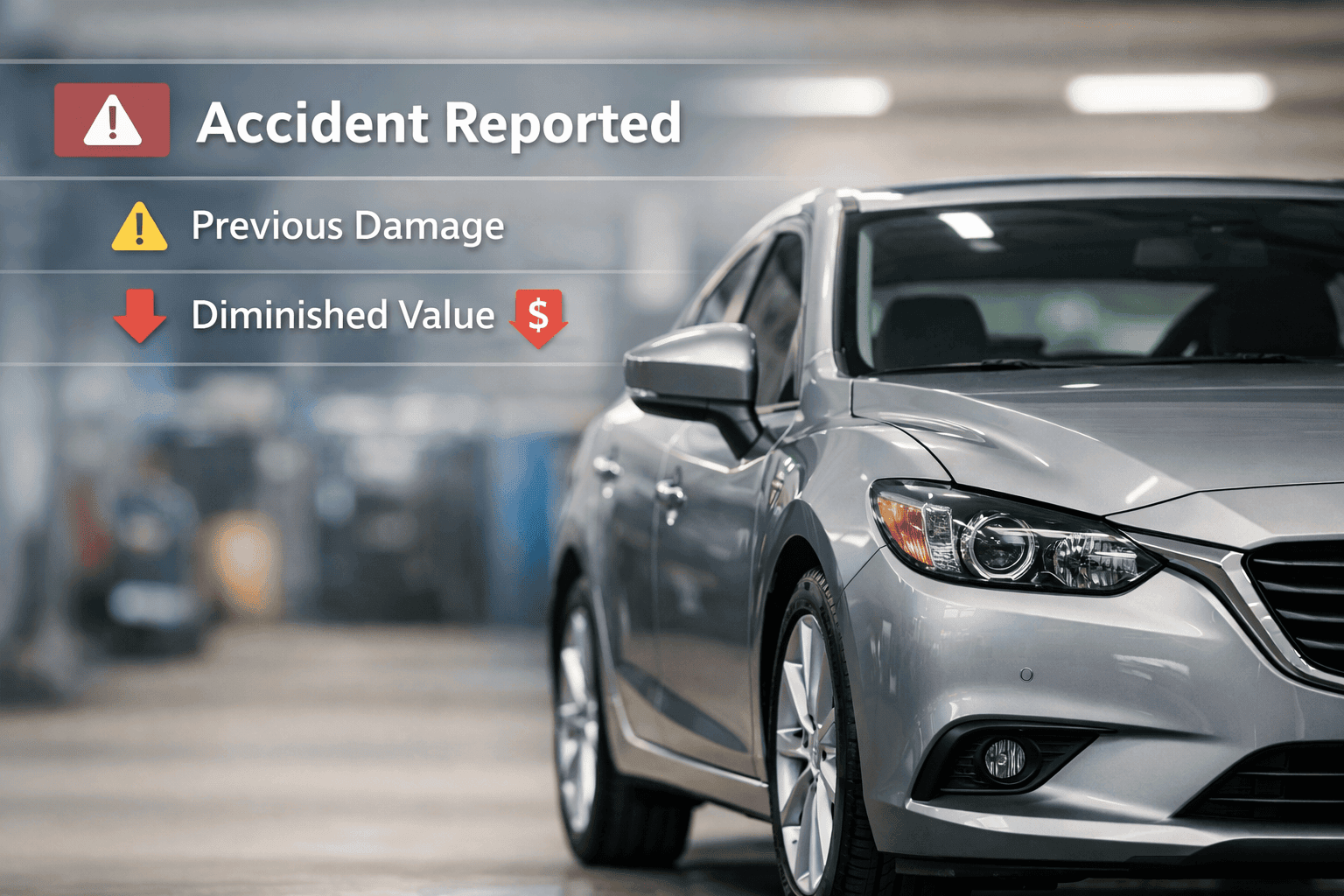Diminished Value (DV) claims have long been a challenging aspect of post-accident settlements. For drivers, ensuring they receive fair compensation for their vehicle’s loss of market value is often an uphill battle. However, the emergence of Artificial Intelligence (AI) is transforming the appraisal process like never before.
AI is reshaping how diminished value claims are calculated, negotiated, and settled. From enhanced accuracy to faster resolutions, its impact is being felt across the insurance and auto industries. In this article, we’ll explore how AI is transforming DV claims and what the future holds for this evolving field.
DOWNLOAD: “The Role of AI in the Future of Diminished Value Claims”.PDF
What Are Diminished Value Claims?
Diminished Value refers to the loss in a vehicle’s market value following an accident, even if repairs have been completed. Buyers and dealers often perceive vehicles with an accident history as less desirable, which directly impacts their resale or trade-in value.
There are three main types of diminished value:
- Immediate DV: The loss in value that occurs right after an accident but before repairs.
- Repair-Related DV: The reduction in a vehicle’s value caused by inadequate or substandard repair work.
- Inherent DV: A permanent loss in value based solely on the accident history, even if the repairs are flawless.
AI is bringing major advancements to how these claims are processed, calculated, and resolved.
How AI Enhances the Accuracy of Diminished Value Calculations
Traditional methods of calculating diminished value often rely on subjective factors, leading to disputes between insurers and claimants. AI, however, introduces objectivity and precision through data analysis.
Here’s how AI improves accuracy:
- Data-Driven Valuations: AI can analyze vast amounts of data, including market trends, recent sales, repair costs, and vehicle depreciation rates, to calculate diminished value with pinpoint precision.
- Real-Time Comparisons: Advanced AI tools compare the claimant’s vehicle to similar vehicles in the market, factoring in details like mileage, condition, and accident history.
- Minimized Human Error: By automating calculations, AI reduces inconsistencies caused by manual assessments or subjective appraisals.
With AI, claimants and insurers can rely on fairer and more accurate diminished value estimates, reducing the likelihood of disputes.
Speeding Up the Claims Process with AI
One of the most significant advantages of AI is its ability to streamline the claims process. Traditional diminished value claims often involve lengthy back-and-forths between insurers and drivers. AI is changing this by:
- Automating Appraisals: AI-powered systems can generate DV estimates in minutes, compared to the days or weeks it might take for human appraisers.
- Enhancing Communication: AI chatbots and virtual assistants help claimants navigate the claims process, answering questions and providing updates in real-time.
- Reducing Disputes: Clear, data-backed AI valuations leave less room for disagreement, leading to quicker settlements.
For drivers, this means less stress and faster access to compensation.
The Role of AI in Fraud Detection
Fraudulent claims are a significant challenge for insurers, often driving up premiums for all policyholders. AI is a game-changer in detecting and preventing fraud in diminished value claims.
Here’s how it works:
- Pattern Recognition: AI algorithms can identify inconsistencies or anomalies in claims data, flagging potential fraud.
- Cross-Referencing Data: By analyzing repair records, market values, and accident reports, AI ensures that claims are legitimate and accurate.
- Enhanced Verification: AI can verify details like repair quality, vehicle history, and pre-accident conditions with greater efficiency than manual processes.
With fraud detection streamlined, insurers can allocate more resources to legitimate claims, benefiting both companies and honest drivers.
AI and Personalized Diminished Value Estimates
One size doesn’t fit all when it comes to DV claims, and AI is enabling a more personalized approach. Advanced AI tools consider a vehicle’s unique characteristics to provide tailored valuations.
Factors AI can analyze include:
- Aftermarket Upgrades: Customizations like performance parts or luxury interiors.
- Repair Quality: The craftsmanship and materials used in post-accident repairs.
- Regional Market Trends: Variations in resale values based on location.
By accounting for these nuances, AI ensures that DV claims reflect a vehicle’s true market value, making settlements fairer for all parties.

Challenges of AI in Diminished Value Claims
While AI brings many benefits, its adoption in diminished value claims isn’t without challenges:
- Data Privacy Concerns: The collection and analysis of vehicle and accident data bring up important questions about how this information is handled, stored, and utilized.
- Bias in Algorithms: AI systems are only as good as the data they’re trained on, and biased datasets could lead to inaccurate valuations.
- Resistance to Change: Both insurers and claimants may be hesitant to embrace AI-based systems, preferring traditional methods.
Overcoming these challenges will require collaboration between insurers, appraisers, and technology providers, as well as clear regulatory guidelines.
What’s Next for AI in Diminished Value Claims?
The future of AI in diminished value claims is promising. Here are some potential developments on the horizon:
- Blockchain Integration: Secure and transparent record-keeping for repair histories and accident reports.
- Augmented Reality (AR) Assessments: AR tools could allow drivers to capture damage details instantly, streamlining the appraisal process.
- Global Standardization: AI could pave the way for uniform DV calculation methods across states and countries, reducing confusion and disputes.
As these advancements take shape, drivers can expect a more seamless and equitable claims experience.
Conclusion
AI is transforming the landscape of diminished value claims, bringing greater accuracy, efficiency, and transparency to the process. From personalized valuations to enhanced fraud detection, its impact is undeniable.
While challenges remain, the adoption of AI holds immense potential to benefit both insurers and claimants, paving the way for a fairer and more efficient system.
So, are you ready to embrace the future of diminished value claims with AI leading the way?
Frequently Asked Questions
AI analyzes factors like market trends, vehicle condition, and accident history to generate accurate, data-driven DV estimates.
Yes, AI reduces disputes by providing transparent and consistent valuations backed by data, making it harder for either party to contest the outcome.
AI detects potential fraud by identifying anomalies in claims data, cross-referencing repair records, and verifying vehicle histories.
Some challenges include data privacy concerns, potential biases in algorithms, and resistance to adopting new technologies.





